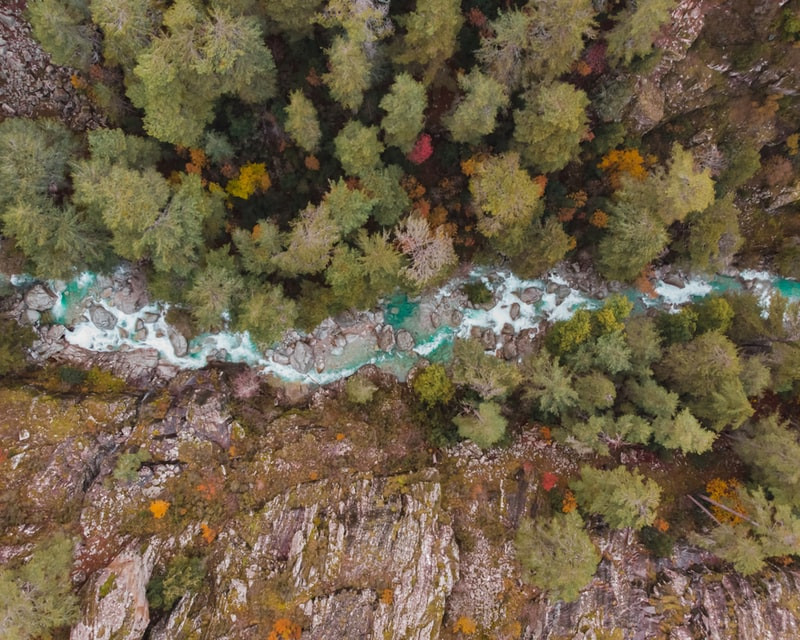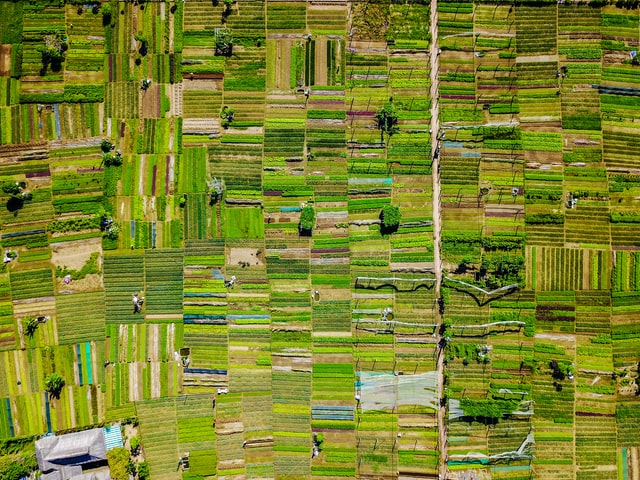GIS refresher: Environmental data
Find and use free environmental data, May 2021
Upcoming learning opportunities are listed on our Learning page, or you can join our mail-list to stay informed about future courses, events and resources
You can still access the learning materials for self-study here: Find and use free environmental data
Short refresher course: Combine GPS and field data
Introductory GIS course for complete beginners
Mapping and spatial data |
Free |
||
| Refresher level | May 2021 |
||
Social learning |
Part-time |
||
| Openly-licenced materials |

Find and use free environmental data
Free part-time online GIS refresher course with VerdantLearn, mid-May 2021
10-14 May 2021
Deadline: 5pm UTC, Wednesday 05 May 2021 Spaces are limited to the first 20 applicants, and only a few remain!
What time commitment?
The course requires 3-4 hours of effort spread over the 5 days. Most exercises will be asynchronous, meaning that you can do the work at a time to suit you, aside from short video calls on Monday & Friday, offered at two different times (morning and afternoon UTC) to provide flexibility in when you join them
Where?
The learning materials will be available on our teaching website from the Friday before each course begins

Is it right for me?
If you are a wildlife conservation professional or student who would like to refresh your GIS skills in handling and visualising spatial data, these courses are for you! You can be based anywhere in the world, and you do not need to be currently employed
Requirements
These refresher courses are not for complete beginners in GIS. You need to have:
- Prior field experience in wildlife conservation and/or research
- A basic level of familiarity with QGIS; i.e. be able to add new layers to a QGIS project and adjust their symbology (the way that features are drawn)
- Access to a laptop or desktop computer with QGIS installed on it
- A good enough internet connection to join video calls
- 3-4 hours of free time to work on exercises over the week of the course
- Ideally, your own field data to work with, but example data will be provided for those who lack this

What will I get out of it?
After completing “Find and use free environmental data”, you will be able to:
- State the specific data you need, and describe how you intend to use it
- Identify and share relevant sources of geospatial data
- Evaluate the suitability of data sources
- Download and view your chosen data in QGIS
- Optional: Extract a subset by clipping or spatial join

How do I apply?
Register for the course by completing the form below. Refresher class sizes are limited 20, and only a few spaces remain! We keep cohorts small as we test our new learning materials and teaching approach. You will be informed on Tuesday 4th May 2021 if you have successfully secured a place You can also choose to sign up for our mail-list to hear about future learning opportunities with VerdantLearn, and register your interest in our upcoming complete beginner course in June/July 2021